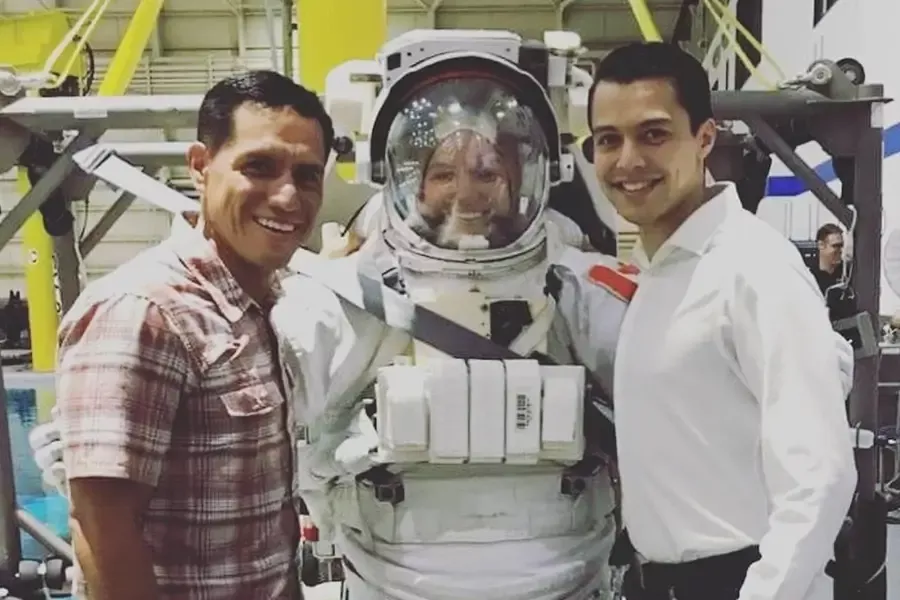Gardening is a great way to get exercise, fresh air, and some natural vitamin D from sunshine – but it can also strain your back. If you have back pain, or if you want to prevent back pain, here are a few things you can do to make gardening easier on your spine.
- Warm up before you start gardening
Before you grab your rake and watering can, it’s a good idea to warm your muscles up. Doing some light stretching and even taking a walk around the block can help prevent injuries. - Use the right tools.
Having the right tools for the job can make gardening much easier on your back and the rest of your body. For example, a kneeling pad can help protect your lower back and knees when you’re kneeling down to plant those heirloom tomatoes and rows of cucumbers. It’s also a good idea to ensure you have a good wheelbarrow to help transport heavy loads without having to lift them. - Lift with your legs, not your back.
When you’re lifting heavy objects, use your legs, not your back. Don’t bend over at the waist. This will help to protect your back from injury. - Take breaks often.
Don’t try to do too much gardening at once. Take breaks every 20-30 minutes to stretch your muscles and rest your back. If you start to feel pain, stop and rest. - Don’t be afraid to ask for help.
If you have a lot of gardening to do, don’t be afraid to ask for help from a friend or family member. Gardening is a great activity to do with others, and it can help to make the job easier and help save your spine in the process.
If you have a history of back pain or other health conditions, talk to your doctor before starting a gardening program.
If you’re experiencing back pain, our team of neurosurgeons at The Spine and Neuro Center is here to help. When it comes to your care, we offer nonsurgical and surgical treatment options if necessary. Have questions? Give us a call at 256-533-1600.

Christopher Hargett, DO, is a board-certified neurosurgeon at Huntsville Hospital Spine & Neuro Center. He specializes in degenerative spine conditions, minimally invasive spinal surgery, spine and brain trauma, brain tumors, complex spine surgery and normal pressure hydrocephalus.


